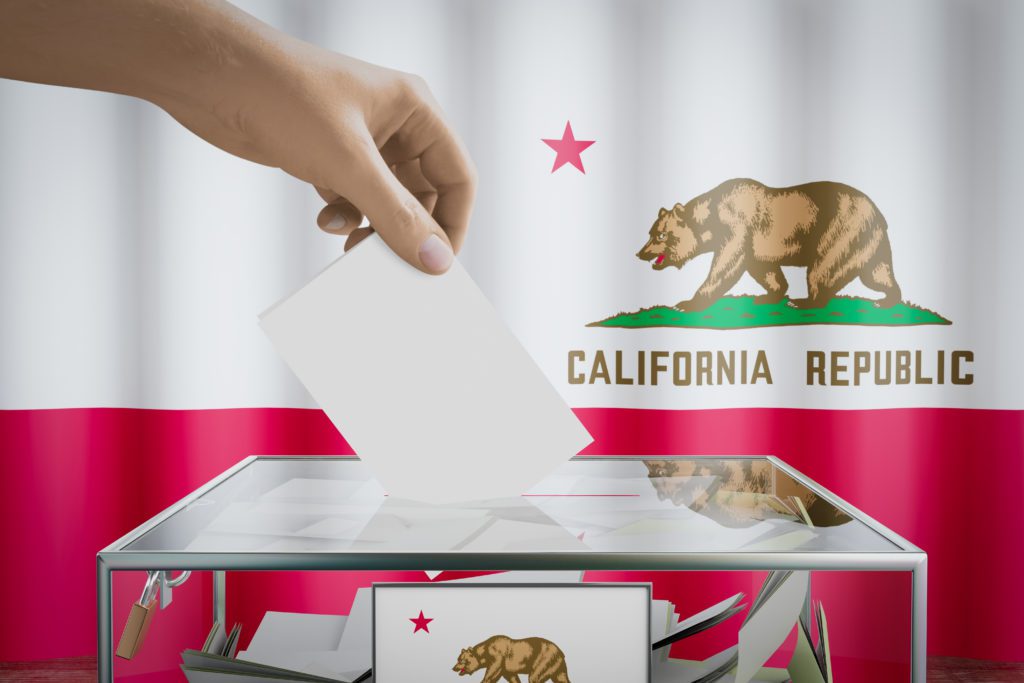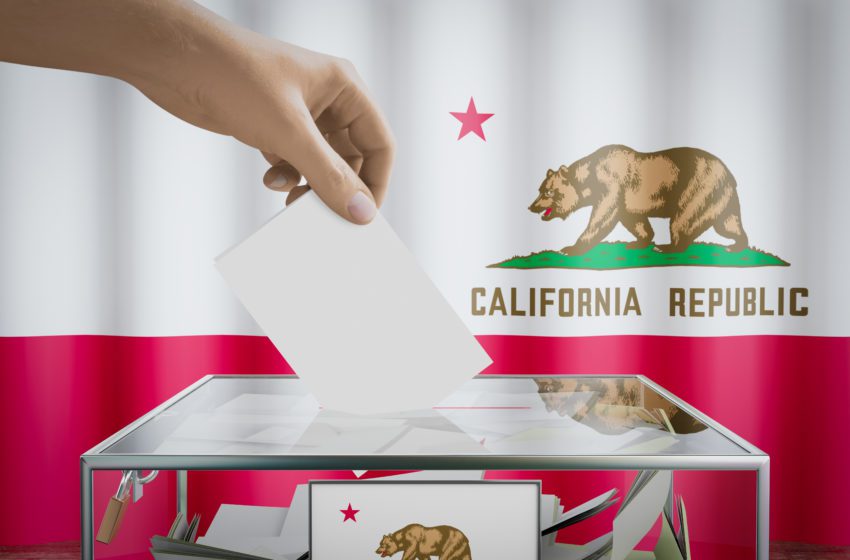
The nicotine business is bracing for a likely “yes” vote in the Nov. 8 ballot on California’s flavored products ban.
In 2020, California lawmakers passed a ban on all flavored nicotine products—including vapes and cigarettes—except in hookah, loose leaf tobacco (for pipes) and premium cigars. Menthol products are also covered by the legislation.
Opponents of the ban collected more than 1 million signatures and forced the state to hold a referendum on the ban. Originally scheduled to take effect Jan. 1, 2021, the legislation was then suspended until the Nov. 8 vote.
If voters uphold the legislation next week, California will join a number of states that have already prohibited the sale of at least some flavored nicotine products. Massachusetts banned the sale of flavored nicotine products (including menthol) in 2019; New Jersey, Rhode Island and New York have all banned flavored vaping products.
California’s proposed law is unique in that it also bars so-called “flavored enhancers,” preventing a person from buying flavored non-nicotine e-liquid and adding it to flavorless nicotine at home.
Observers expect the California legislation to be approved.
An Oct. 4 poll from the Berkeley Institute of Governmental Studies found that 57 percent of respondents planned to support the flavor ban, whereas just 31 percent would vote “no,” with only 12 percent looking to be undecided.
Supporters of the ban appear to have outspent opponents by a significant margin. By mid-October, the billionaire anti-smoking and anti-vaping activist Michael Bloomberg had provided $15.3 million of the $17.3 million raised by the committee in favor of the ban, according to the San Francisco Chronicle. By contrast, the opposition had raised just over $2 million, almost entirely comprised of donations from Philip Morris USA ($1.2 million) and R.J. Reynolds ($743,000).
Critics worry that, if passed, the ban will spawn a considerable illicit market, as it appears to have done in states that have similar restrictions in place. Massachusetts’ ban on tobacco flavors, for example, appears to have encouraged smokers and vapers to obtain their products in neighboring states.

